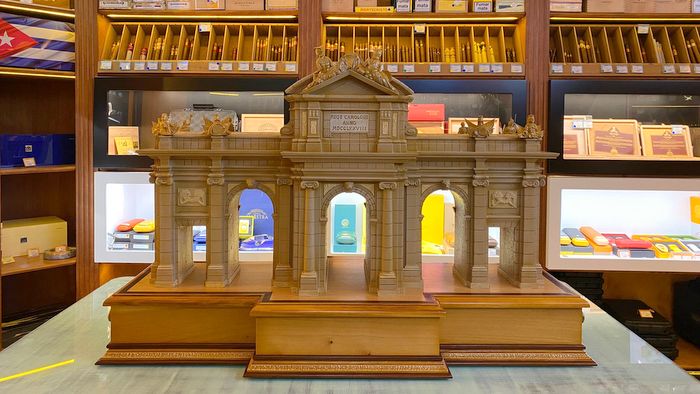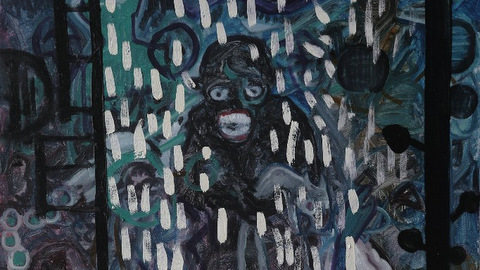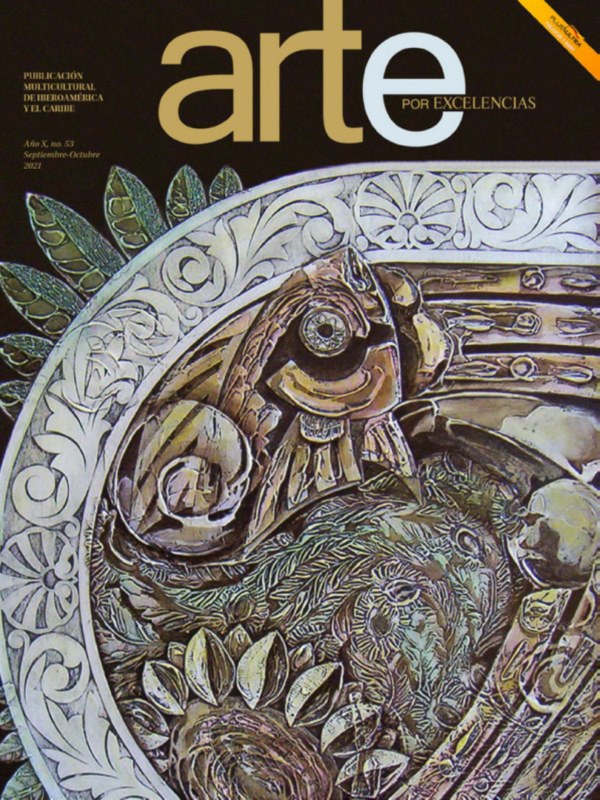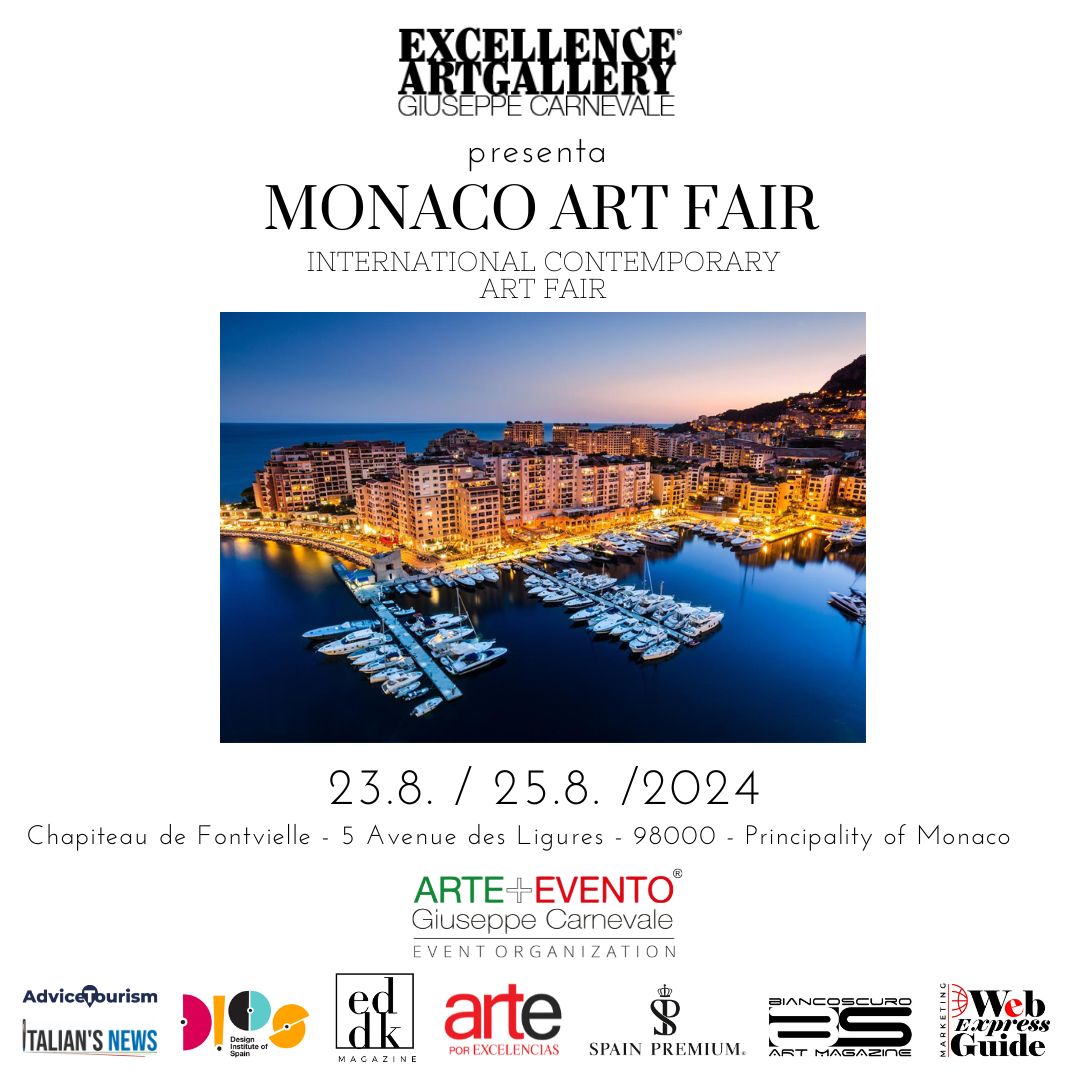Delineated contours, a subconscious blur of decipherable imagery and extraneous elements, a wistful expressive tide between the figurative and the abstract - Edouard Malingue Gallery, Shanghai is pleased to present ‘Celestial Phenomena’, the first ever solo exhibition by Zheng Zhou (b. 1969, China). A painter of instinct, Zheng conveys onto canvas observations from the world, as ad hoc as they may be. His strokes, furtive yet decisive, depict an urgency - to grasp, to depict, to capture that mesmeric multitude of the cosmos, the ‘phenomena’ we, or more precisely he, is a witness to. Referencing ‘I Ching’ (“The Book of Changes”), Zheng channels the astronomical, remarking the myriad of components that make up our universe, mimicking its duplicity through his subject range, hues and techniques.
A prolific painter, Zheng debuted by studying Printmaking at the Zhejiang Academy of Fine Arts, which led to a post at the Printmaking Department of the China Academy of Arts from 1994 to 1996. Zheng subsequently shifted his creative practice towards one of painting, pursuing a Masters in Oil Painting at the China Academy of Art from 1997 to 1999, following which he became a lecturer at the China Academy of Art Affiliated High School from 2000-2010. Throughout these years of tuition and pedagogy, Zheng painted, systematically, doggedly, before finally relocating to Beijing in 2013 to work as an artist. Over the course of several decades Zheng created canvas after canvas, depicting a range of phenomena, albeit away from the public eye - a private stream of observational consciousness.
Figures, crowds, animals, objects - elements of the quotidian are the protagonists of Zheng’s vision, except none are depicted quite as is. Consider the major panoramic work ‘Past Life’ (2017); faintly outlined characters, seemingly women through the contrasting accents of two-piece underwear, hover in various poses across the canvas - bending, walking, in profile, from afar. In addition to the individuals’ painterly overlap, lines connect them and the abstract shapes between them, as if each element were a star in Zheng’s anthropomorphic constellation. Between each ad hocly dispersed figure, blocks of colour ranging from faint yellow and burnt red to vivid blue trace the canvas, eliciting emotions from calm to passion, fury and nostalgia. The composition is a loose yet defined expression of various instants, a collage of moments frozen in time.
Delving deeper into the anthropomorphic, Zhou equally focuses on less populated canvases, either depicting individual figures or small clusters, emphasising their stance or interaction. ‘Embrace’ (2017) abstractly captures two individuals in a loving bind, whereas ‘Five Stars Meet’ (2017) presents a man and woman who stand face to face, connected by neon yellow dots and lines signalling a constellation. The portrayals vary in emotional stance, as ‘Death Shadow’ (2017) portrays a naked figure holding a skull down by their crotch, an ominous shadow hovering behind them. Equally channeling darkness, ‘Broken Dream to be a Queen’ (2017) overlaps two skull-like heads, one peering on the other in profile, a series of x’s tightly sequenced across the foreground figure’s mouth.
The segments of life captured by Zheng as such vary in warmth and emotive standing, from the tranquil white figure, which appears to hover across the surface of a green pool in ‘Human Peace’ (2015), to the tenebrous vision of a devilish figure amidst a crackling fire of snakes in ‘Song of Fear’ (2017). Zheng equally jumps between technical approaches, from the modernist cuboidal techniques of the early 20th century in ‘Ancients and the Present Moon’ (2017), to the abstract block colour outlines used in ‘Past Life’ (2017), to the furtive dashing in ‘Tolerance’ (2017), to the freeform painterly trickles in ‘Soul Island’ (2017) and ‘Mainstay’ (2015). Darting between imagery and mood, tonalities and method, Zheng creates breaks between space and vision, capturing at once the complete rapture and depth of this world, both physical and mental.
Deliberately varied, Zheng’s body of work is marked by an unapologetic pluralism. Casting a sort of painterly net, Zheng captures and entangles the variance of existence as defined by the possibilities of what is and could be, but also how one perceives it. Indeed, each painting acts as an epistemological outlet, a canvased portal unto a segment of our cosmos, ‘Celestial Phenomena’ acting as his very own constellation of visualised thought.
8 September- 22 October
Publicaciones relacionadas
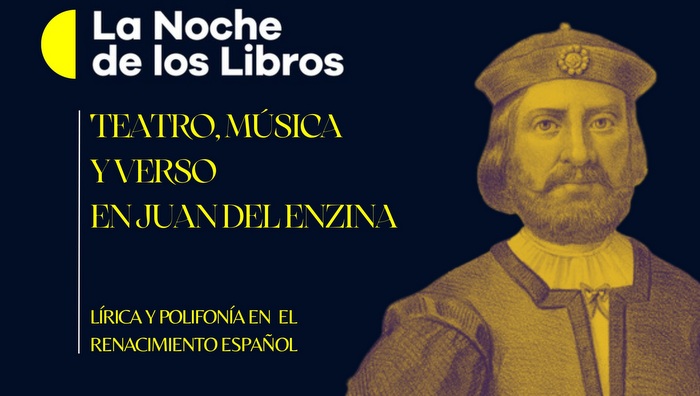
La Noche de los Libros reverenciará a Juan del Enzina
Abril 16, 2024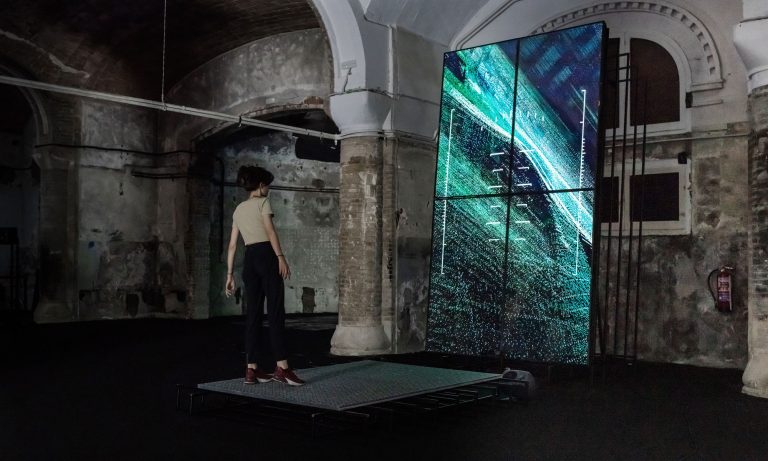
Cuatro días para el disfrute de arte digital
Abril 11, 2024“A soga y tizón”, la propuesta de Ramón Muñoz
Abril 10, 2024